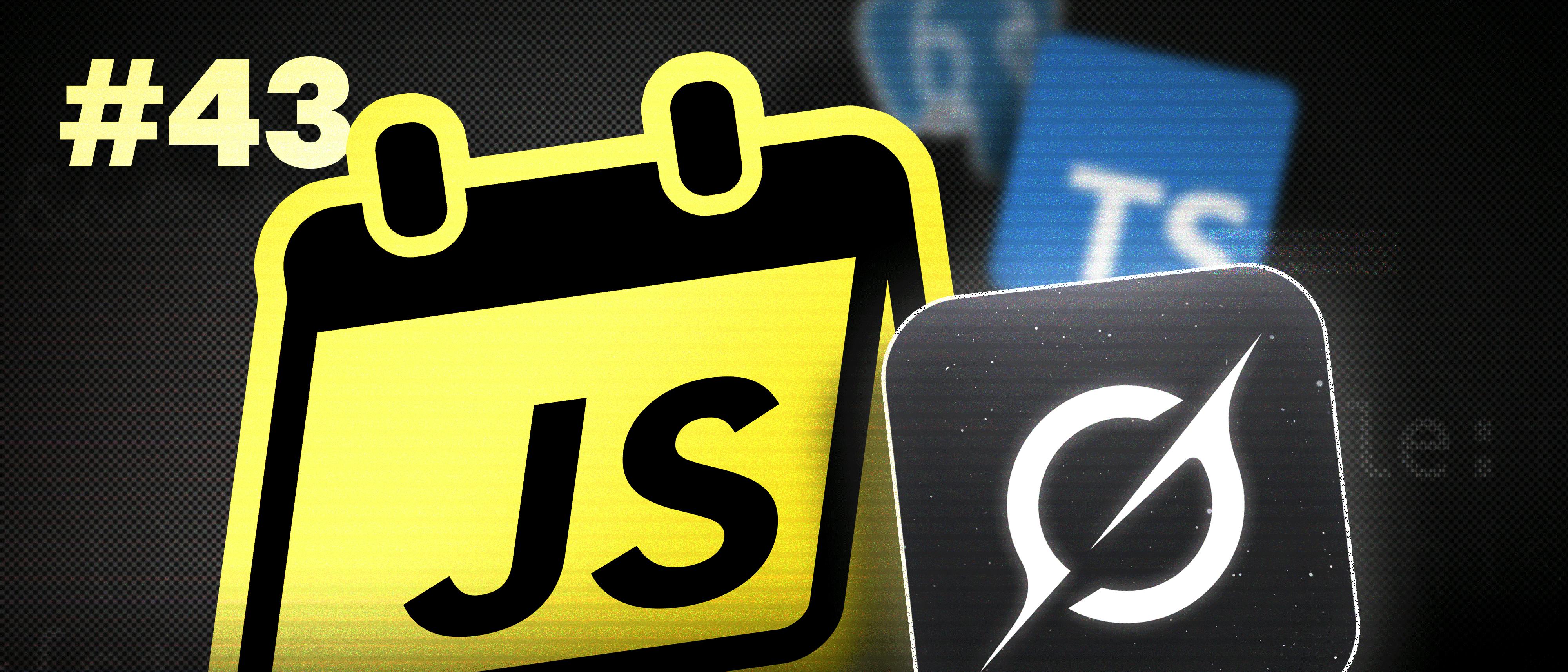The standard library of Go 1.23 now includes the new unique package. The purpose behind this package is to enable the canonicalization of comparable values. In other words, this package lets you deduplicate values so that they point to a single, canonical, unique copy, while efficiently managing the canonical copies under the hood. You might be familiar with this concept already, called “interning”. Let’s dive in to see how it works, and why it’s useful.
A simple implementation of interning
At a high level, interning is very simple. Take the code sample below, which deduplicates strings using just a regular map.
var internPool map[string]string
// Intern returns a string that is equal to s but that may share storage with
// a string previously passed to Intern.
func Intern(s string) string {
pooled, ok := internPool[s]
if !ok {
// Clone the string in case it's part of some much bigger string.
// This should be rare, if interning is being used well.
pooled = strings.Clone(s)
internPool[pooled] = pooled
}
return pooled
}
This is useful for when you’re constructing a lot of strings that are likely to be duplicates, like when parsing a text format.
This implementation is super simple and works well enough for some cases, but it has a few problems:
- It never removes strings from the pool.
- It cannot be safely used by multiple goroutines concurrently.
- It only works with strings, even though the idea is quite general.
There’s also a missed opportunity in this implementation, and it’s subtle. Under the hood, strings are immutable structures consisting of a pointer and a length. When comparing two strings, if the pointers are not equal, then we must compare their contents to determine equality. But if we know that two strings are canonicalized, then it is sufficient to just check their pointers.
Enter the unique package
The new unique package introduces a function similar to Intern called Make.
It works about the same way as Intern. Internally there’s also a global map (a fast generic concurrent map) and Make looks up the provided value in that map. But it also differs from Intern in two important ways. Firstly, it accepts values of any comparable type. And secondly, it returns a wrapper value, a Handle[T], from which the canonical value can be retrieved.
This Handle[T] is key to the design. A Handle[T] has the property that two Handle[T] values are equal if and only if the values used to create them are equal. What’s more, the comparison of two Handle[T] values is cheap: it comes down to a pointer comparison. Compared to comparing two long strings, that’s an order of magnitude cheaper!
So far, this is nothing you can’t do in ordinary Go code.
But Handle[T] also has a second purpose: as long as a Handle[T] exists for a value, the map will retain the canonical copy of the value. Once all Handle[T] values that map to a specific value are gone, the package marks that internal map entry as deletable, to be reclaimed in the near future. This sets a clear policy for when to remove entries from the map: when the canonical entries are no longer being used, then the garbage collector is free to clean them up.
If you’ve used Lisp before, this may all sound quite familiar to you. Lisp symbols are interned strings, but not strings themselves, and all symbols’ string values are guaranteed to be in the same pool. This relationship between symbols and strings parallels the relationship between Handle[string] and string.
A real-world example
So, how might one use unique.Make? Look no further than the net/netip package in the standard library, which interns values of type addrDetail, part of the netip.Addr structure.
Below is an abridged version of the actual code from net/netip that uses unique.
// Addr represents an IPv4 or IPv6 address (with or without a scoped
// addressing zone), similar to net.IP or net.IPAddr.
type Addr struct {
// Other irrelevant unexported fields...
// Details about the address, wrapped up together and canonicalized.
z unique.Handle[addrDetail]
}
// addrDetail indicates whether the address is IPv4 or IPv6, and if IPv6,
// specifies the zone name for the address.
type addrDetail struct {
isV6 bool // IPv4 is false, IPv6 is true.
zoneV6 string // May be != "" if IsV6 is true.
}
var z6noz = unique.Make(addrDetail{isV6: true})
// WithZone returns an IP that's the same as ip but with the provided
// zone. If zone is empty, the zone is removed. If ip is an IPv4
// address, WithZone is a no-op and returns ip unchanged.
func (ip Addr) WithZone(zone string) Addr {
if !ip.Is6() {
return ip
}
if zone == "" {
ip.z = z6noz
return ip
}
ip.z = unique.Make(addrDetail{isV6: true, zoneV6: zone})
return ip
}
Since many IP addresses are likely to use the same zone and this zone is part of their identity, it makes a lot of sense to canonicalize them. The deduplication of zones reduces the average memory footprint of each netip.Addr, while the fact that they’re canonicalized means netip.Addr values are more efficient to compare, since comparing zone names becomes a simple pointer comparison.
While the unique package is useful, Make is admittedly not quite like Intern for strings, since the Handle[T] is required to keep a string from being deleted from the internal map. This means you need to modify your code to retain handles as well as strings.
But strings are special in that, although they behave like values, they actually contain pointers under the hood, as we mentioned earlier. This means that we could potentially canonicalize just the underlying storage of the string, hiding the details of a Handle[T] inside the string itself. So, there is still a place in the future for what I’ll call transparent string interning, in which strings can be interned without the Handle[T] type, similar to the Intern function but with semantics more closely resembling Make.
In the meantime, unique.Make("my string").Value() is one possible workaround. Even though failing to retain the handle will allow the string to be deleted from unique’s internal map, map entries are not deleted immediately. In practice, entries will not be deleted until at least the next garbage collection completes, so this workaround still allows for some degree of deduplication in the periods between collections.
Some history, and looking toward the future
The truth is that the net/netip package actually interned zone strings since it was first introduced. The interning package it used was an internal copy of the go4.org/intern package. Like the unique package, it has a Value type (which looks a lot like a Handle[T], pre-generics), has the notable property that entries in the internal map are removed once their handles are no longer referenced.
But to achieve this behavior, it has to do some unsafe things. In particular, it makes some assumptions about the garbage collector’s behavior to implement weak pointers outside the runtime. A weak pointer is a pointer that doesn’t prevent the garbage collector from reclaiming a variable; when this happens, the pointer automatically becomes nil. As it happens, weak pointers are also the core abstraction underlying the unique package.
That’s right: while implementing the unique package, we added proper weak pointer support to the garbage collector. And after stepping through the minefield of regrettable design decisions that accompany weak pointers (like, should weak pointers track object resurrection? No!), we were astonished by how simple and straightforward all of it turned out to be. Astonished enough that weak pointers are now a public proposal.
This work also led us to reexamine finalizers, resulting in another proposal for an easier-to-use and more efficient replacement for finalizers. With a hash function for comparable values on the way as well, the future of building memory-efficient caches in Go is bright!
Credits: Michael Knyszek
Photo by Mildlee on Unsplash
This article is available on









